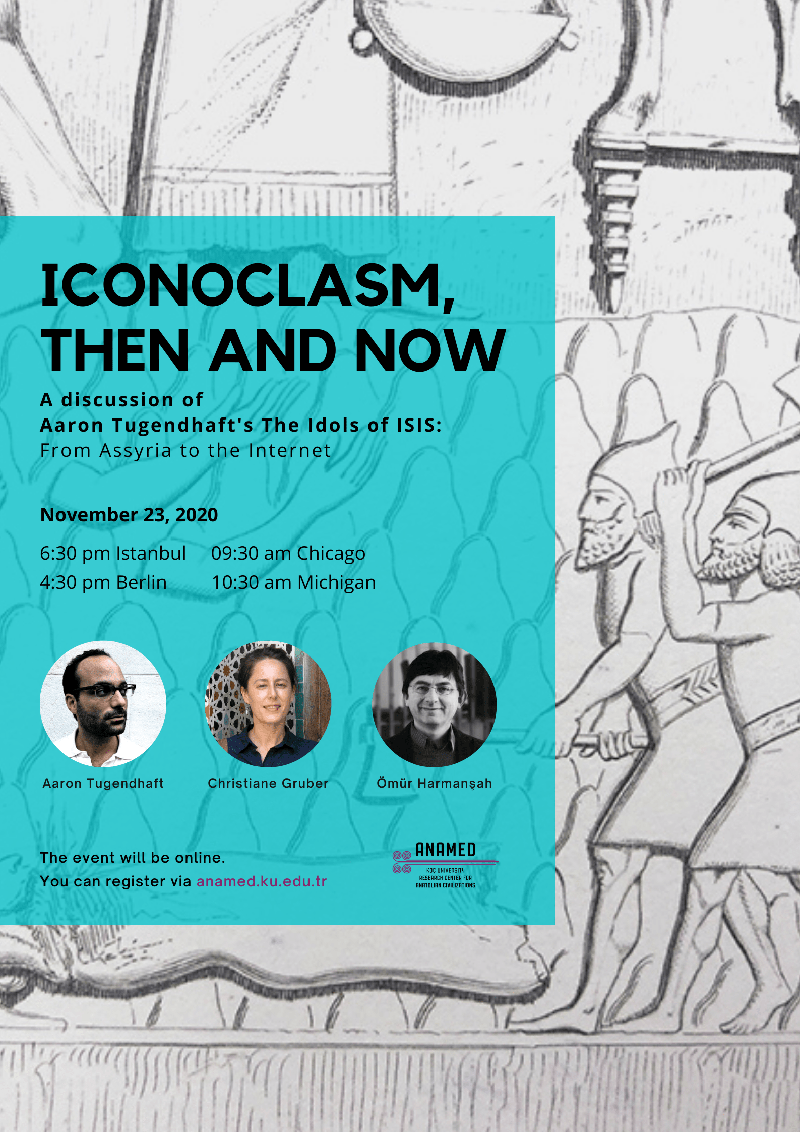
Etkinliğin dili İngilizce‘dir ve Zoom üzerinden gerçekleştirilecektir.
Etkinlik hakkında ayrıntılı bilgi için buraya tıklayınız.
Lütfen etkinliğe kayıt olunuz. Kayıt olduktan sonra toplantı detaylarını içeren bir onay e-postası alıyor olacaksınız.
Facebook etkinlik linkine ise buradan ulaşabilirsiniz.
Etkinlik videosuna ANAMED’in Youtube kanalından ulaşabilirsiniz.

